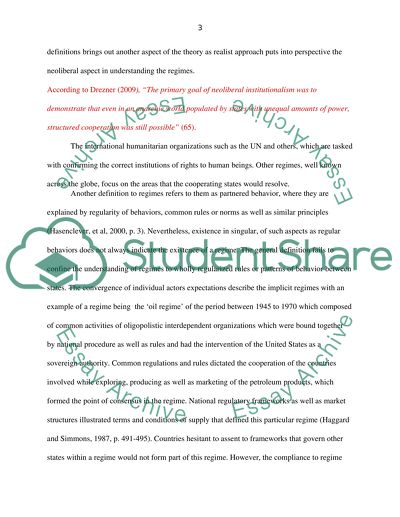State cooperation, challenges and theoretical perspectives from Essay. Retrieved from https://studentshare.org/history/1483278-state-cooperation-challenges-and-theoretical
State Cooperation, Challenges and Theoretical Perspectives from Essay. https://studentshare.org/history/1483278-state-cooperation-challenges-and-theoretical.


